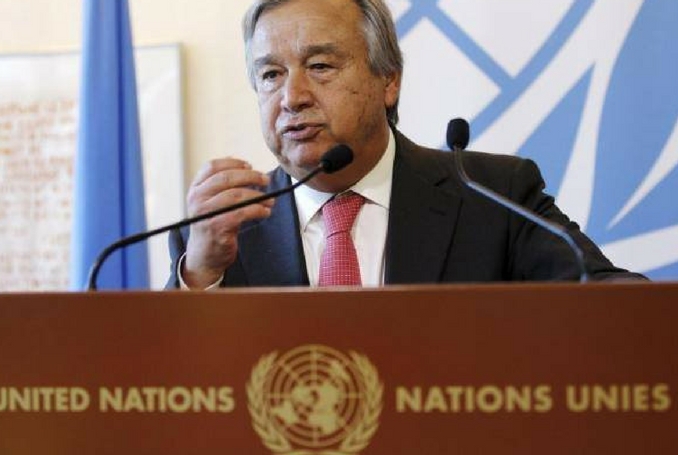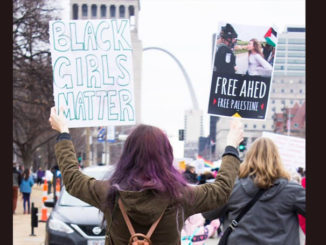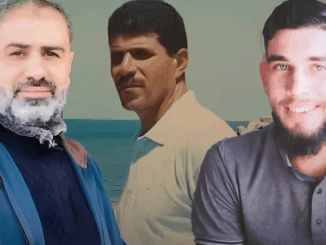
By Ramona Wadi
UN Secretary-General Antonio Guterres’s favorite catchphrase — “There is no Plan B” — must be remembered every time he utters anything claiming to support Palestinian refugees. The two-state compromise contradicts the already flawed Palestinian right of return as enshrined in UN Resolution 194; even in 1948, the UN had no intention of terminating Israel’s colonial project.
These days, Palestinian refugees are defined by the UN Relief and Works Agency (UNRWA) and humanitarian aid in a mainstream narrative that accommodates Israeli politics and international complicity.
When US President Donald Trump and Israeli Prime Minister Benjamin Netanyahu conspired to alter who qualifies as a Palestinian refugee, the UN had a golden opportunity to insist upon the humanitarian aspect while intentionally neglecting political rights. The initial deprivation of Palestinians’ political rights through Israeli colonialism is not an isolated phenomenon; the 1951 Refugees Convention fails to stipulate explicitly the political rights of refugees.
Eliminating Israel’s colonial violence from the equation, by focusing incessantly on providing basic necessities through humanitarian aid and UNRWA, Guterres is given a platform from which the UN joins the campaign against the political and legitimate right of Palestinians to return to their homeland. His recent visit to Baqaa refugee camp in Jordan, “in solidarity with UNRWA” according to Wafa, provided the Secretary-General with the chance to illustrate how the UN seeks to hinder Palestinian refugees from defining their situation politically.
“The stories I heard today,” Guterres explained, “were very compelling, both in showing the strength and courage of Palestinian refugees and in conveying their concern about their future. What remains with me are words of hope and determination of men and women, young and old.” That just about says it all.
“Hope”, of course, is the illusory keyword exposing UN contempt. As long as Palestinian refugees can produce stories for the backdrop of official visits such as this, the UN will continue to seek out Palestinian refugees as accessible subjects for exploitation. The truth is that we don’t need Guterres or the UN to tell us that Palestinian narratives are compelling. And neither do Palestinians need any sabotage of their narratives to sustain an international organization’s propaganda purposes, especially one that is complicit in Palestinian displacement.
To believe that Guterres will do anything with the “stories” he heard during his visit is to buy into the UN’s duplicity since the 1947 Partition Plan. Indeed, given its track record, the UN is not to be trusted with one single Palestinian narrative; it will bludgeon the narratives into unrecognizable slivers that fit its humanitarian agenda. Meanwhile, it will disregard the fact that Palestinian refugees represent the core of narratives which are in danger of disappearing, as the international community persists in misrepresenting them through humanitarian aid.
The reality is that aid is a necessity that could have been avoided if there had been a collective effort, in 1948 and before, to terminate the Zionist colonial project. If the UN is truly concerned about Palestinian dignity, therefore, it should define aid as a repercussion of the creation of the state of Israel in Palestine that does not even begin to compensate for the political losses it inflicted upon the Palestinian people. Moreover, for the sake of accuracy, Guterres and his organization should stop ranting about “hope” when the answer lies in a radical change of politics for the oppressed and from the oppressed, without international interference.
– Ramona Wadi is a staff writer for Middle East Monitor, where this article was originally published. She contributed this article to the Palestine Chronicle.








Agreed! If I remember well the first official statement Guterres made when coming into office was that Israel has the right to defend itself. No need to look further.